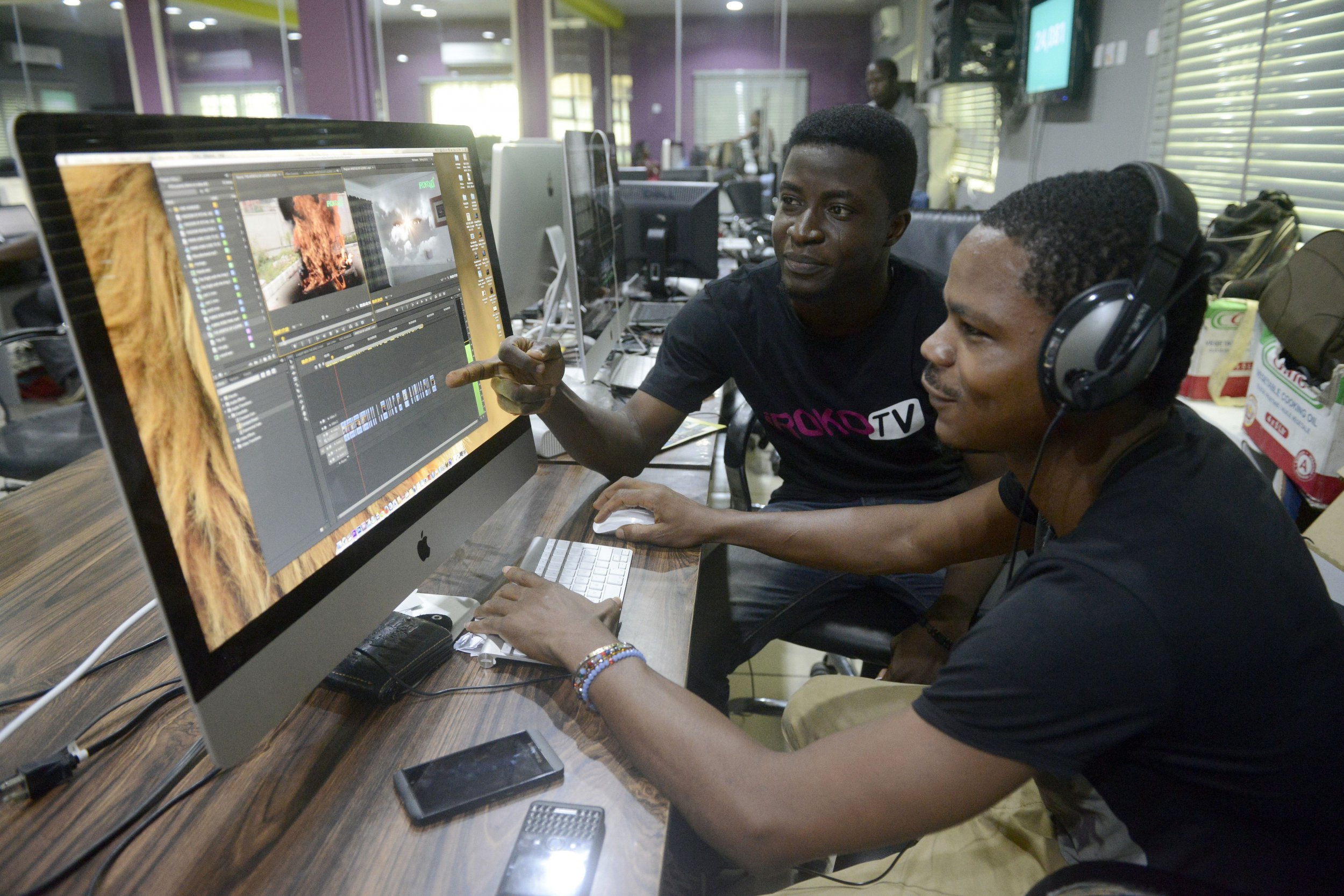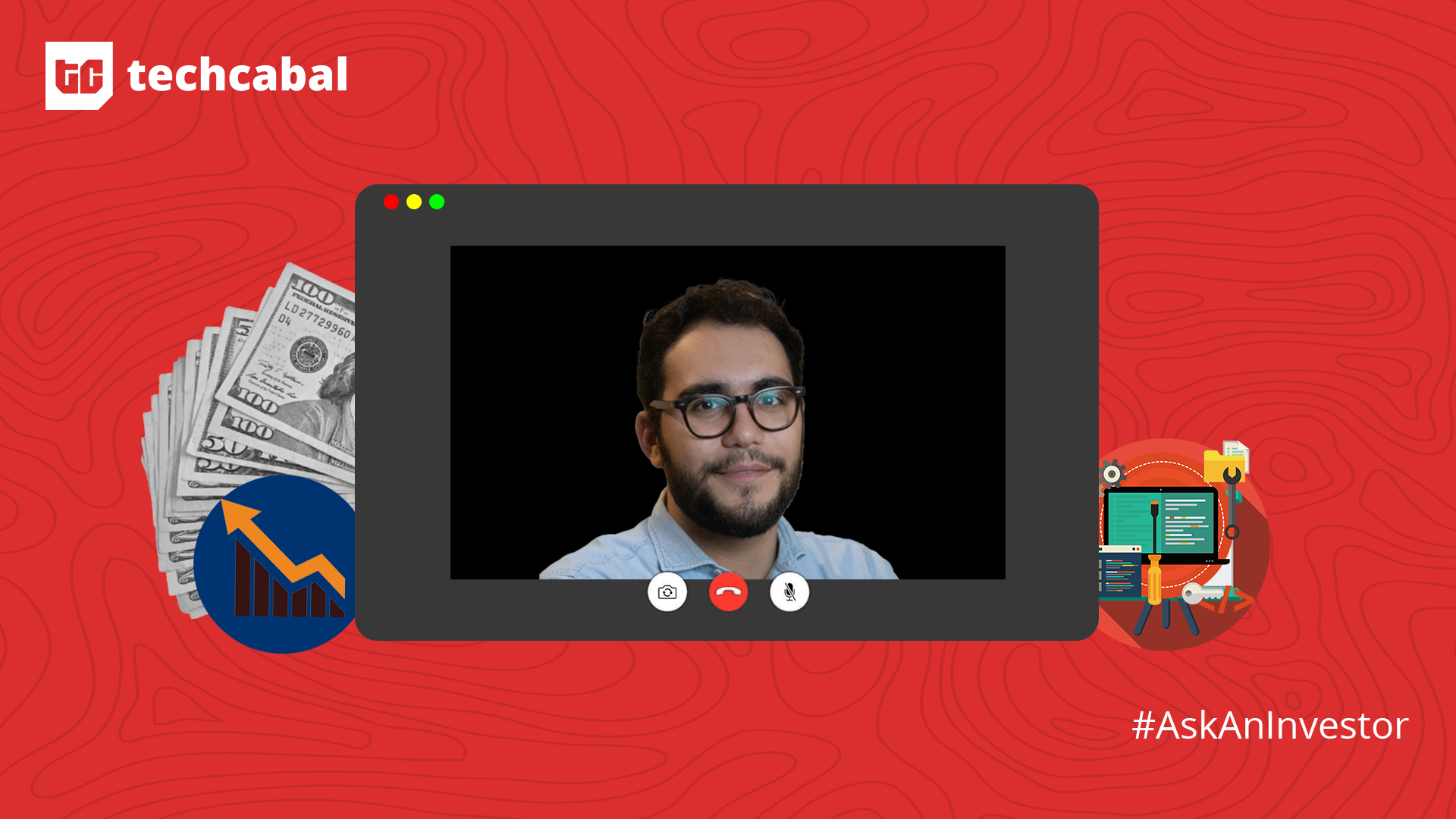IROKO, a Nigeria-based media company, plans to go public in the next 12 months on the London Stock Exchange (LSE), a move which is less about raising money and more about improving its brand position.
Jason Njoku, IROKO’s co-founder and CEO recently said that the company is looking to raise between $20 million and $30 million valuing the company at $80 million to $100 million.
With IROKO’s sights on a market cap of about $100 million, which is small for the primary market, the media company is choosing to list on the Alternative Investment Market (AIM) of the LSE. A sub-market of the LSE, the AIM is built specifically for small-cap companies.
This announcement, although similar to the one made in 2019, appeared to be different as Njoku also said discussions with brokers will start in the coming weeks.
IROKO began as a YouTube channel called Nollywood Love in December 2010. In the last decade, it has grown into a media powerhouse that now boasts of having the largest online catalogue of Nollywood films and shows globally.
The first time the announcement of plans to go public was made, Njoku hinted that IROKO could go public in 2021, but the date was pushed forward because 2020 was bumpy for the company.
The pandemic disrupted IROKO’s goal to increase its average revenue per user (ARPU) in Africa for its video-on-demand service, IROKOtv, from $7-$8 to $20-$25. A reduction in discretionary spending of its African users led to a 70% drop in IROKO’s subscription numbers, this, in turn, led the company to lay off 150 staff members.
Beyond the drop in subscription revenue, there were other factors that affected IROKO such as the naira devaluation and the regulatory onslaught by the Nigerian broadcast regulator.
Speaking to Rest of the World last year Njoku said, “The biggest dream killer in Nigeria is the devalued currency. We haven’t changed our prices in five years. We charged 3,000 naira a year in 2015 when we started; 3,000 naira a year in 2015 was $18. Today’s 3,000 naira is about $6.60. The disposable income for a vast majority of Nigerians has gone down. The cost of living in Nigeria has gone up, but wages haven’t.”
Despite these hiccups, IROKO’s international subscribers grew 200% during the lockdown, hitting a $25-30 ARPU range. This led to a change in the company’s strategy. The new mandate: Double down on international subscribers, primarily those in the US and the UK.
In a short time after the company charted this new course, it has been able to increase prices by 150% from $25 per year to $60 per year. A move it couldn’t pull off in Africa and according to Njoku has set the company straight, leaving it in a stronger cash position than it had been for years.
The Gazelle dream
Njoku’s announcement to list at a valuation of $100 million doesn’t sound like the silicon valley unicorn dream but it sure aligns with the African gazelle dream. Senegalese VC Marieme Diop described a gazelle as a company valued at $100 million or more and generating revenues between $15 to $50 million.
Njoku, although ambitious, appears to agree with setting lower valuation targets for African startups as they face a different economic environment. After all, Africa can only boast of few unicorns like e-commerce giant Jumia, South African telco Cell C, Egyptian fintech Fawry, and Interswitch which achieved unicorn status in 2019 after a $200 million equity investment by Visa.
Njoku, speaking on why IROKO isn’t raising more money said, “We don’t need more. To be honest, $10 million to $15 million will be for corporate development; the rest will be secondaries for shareholders. As a private company, IROKO’s valuation was never priced above $70 million so anything in our target range wouldn’t be a down round at all.”
He also mentioned that IROKO is still benefiting from the sale of ROK Studios to Canal+.
“We still have material capital left from the ROK-Canal+ acquisition coming in every 6 months until 2023.” Njoku said.
Considering the fact that IROKO makes 80% of its revenue outside Africa, this move is aimed at strengthening its brand by listing on a foreign stock exchange. So while it is important, this move is not all about the money.





















